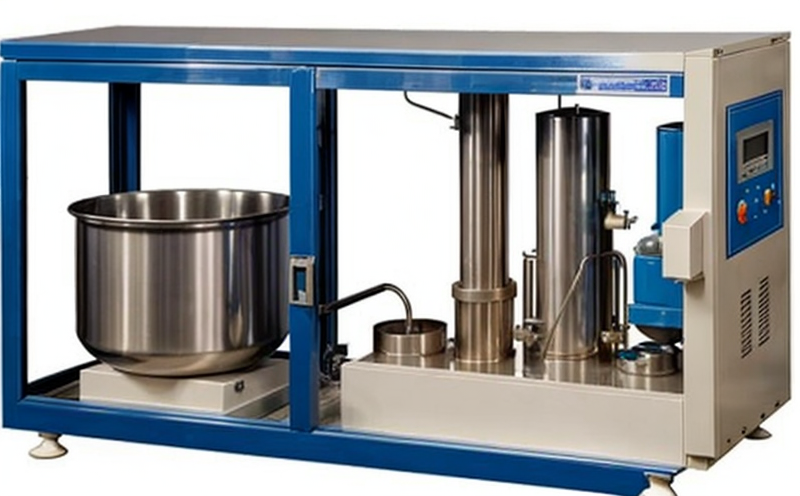EN 20021 Fumonisin Screening in Gluten-Free Feed
The European Standard EN 20021 sets forth a comprehensive approach for the screening of fumonisins, potent mycotoxins that pose significant health risks to humans and animals. In gluten-free feeds, the presence of fumonisins can lead to various adverse effects on animal health, particularly affecting pigs and poultry.
The standard outlines methodologies designed specifically for the qualitative and quantitative analysis of fumonisin B1 (FB1) in gluten-free feed products. Given the growing demand for gluten-free diets among human consumers and the increasing use of gluten-free ingredients in animal feeds, ensuring the safety and quality of these products is paramount.
The testing process involves several critical steps to ensure accurate results. Specimen preparation requires precise handling to avoid contamination or degradation. Instruments like HPLC (High-Performance Liquid Chromatography) are used for the chromatographic separation and quantification of fumonisins. The use of appropriate standards is essential in calibrating the instrument, ensuring accurate identification and measurement.
The methodology described in EN 20021 emphasizes the importance of sample preparation, which includes homogenization of feed samples followed by extraction procedures using solvents like acetonitrile or water. The extract obtained is then analyzed for fumonisins using HPLC with UV detection.
The acceptance criteria specified in EN 20021 are stringent to ensure that any feed product intended for human consumption meets the highest safety standards. Compliance with these criteria not only ensures consumer safety but also protects brand reputation and market share.
Applied Standards
The European Standard EN 20021 is widely recognized as a reliable guide for fumonisin screening in gluten-free feeds. It aligns with other international standards such as ISO, ASTM, and IEC to provide consistent methodologies across different regions.Scope and Methodology
The scope of EN 20021 is focused on the qualitative and quantitative determination of fumonisins B1 in gluten-free feed products. This includes:- Qualitative detection for the presence of fumonisins.
- Quantification to determine the concentration levels of fumonisins in the feed.
- Sample preparation, which includes homogenization and extraction using solvents such as acetonitrile or water.
- Analysis by HPLC with UV detection to separate and quantify fumonisins in the extract.
- Evaluation of results against predefined acceptance criteria set forth in EN 20021.
Industry Applications
| Application Area | Description |
|---|---|
| Animal Feed Manufacturing | Screening for fumonisins to ensure compliance with international safety standards. |
| Quality Assurance in Gluten-Free Products | Monitoring the safety of gluten-free feed ingredients used in animal diets. |
- Ensures compliance with EU regulations on mycotoxin limits for food and feed products.
- Aids in the development of safer, more reliable gluten-free feeds for various applications.





